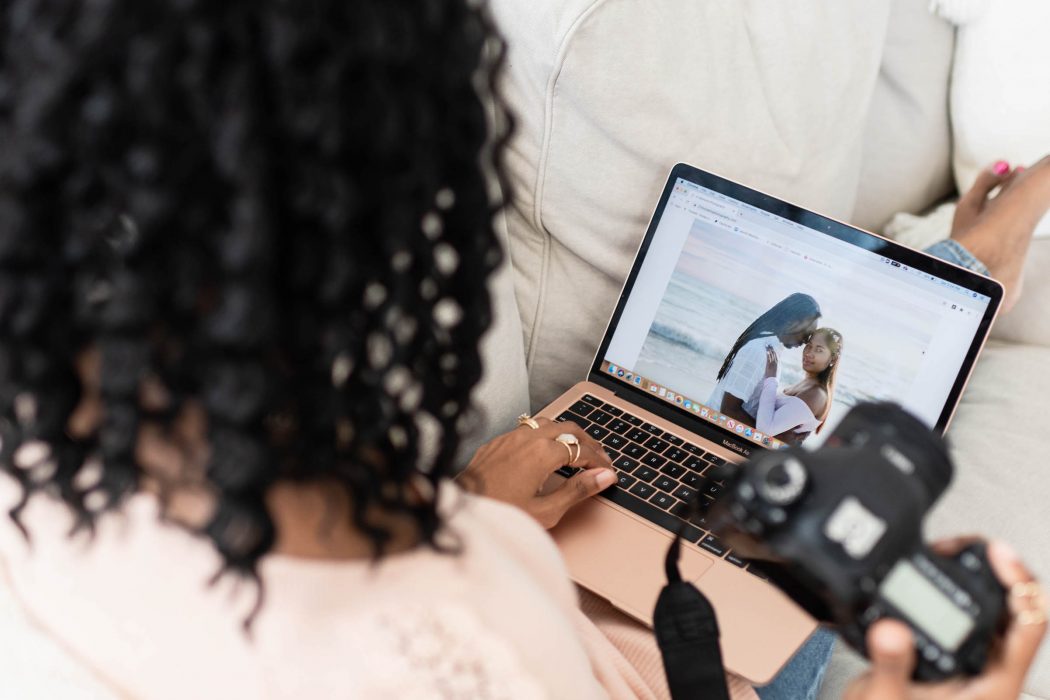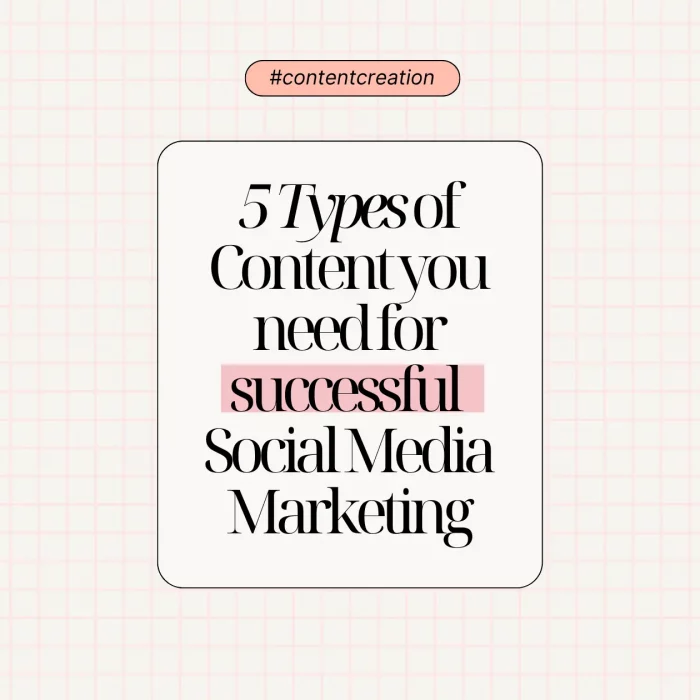
Just googled it real quick. Bam! Hundreds of free stock photos for your website, social media channels, or your flyer. Pretty easy, right? If you’re one of the entrepreneurs who use free stock images, then this article is exactly for you. Because the images you got for free can seriously endanger your business— —and here’s why.
What Are Stock Photos Anyway?
First, let’s briefly talk about what “stock photos” even are and why they’re used. Because no, they’re not photos of a stick, but ones that are produced “in stock.” “Stock” in English means inventory or supply. Stock photos are images created by photographers without a specific purpose in mind and can be used for various applications. Stock content (photos and videos) is often used by businesses and freelancers for marketing materials. Many choose stock photos over custom images because they’re easy and cheap to get. Most stock photos are royalty-free and can even be used commercially.
Free stock photos: drawbacks & dangers
If you’re considering using stock photos for your business, you should not only be aware of the general legal aspects and licensing terms but also the disadvantages of stock photos.
Free doesn’t always mean good—and that especially applies to stock images. There are two main reasons:
Photos you can download for free are often free because they don’t sell. The quality of free stock photos is simply often not good enough. Low-quality images make your marketing materials look unprofessional and reflect poorly on you and your business. Therefore, free stock photos are no solution for professional content.
When something is free or given away, it attracts many people. The same goes for stock content like images and videos. Free stock images are used by many different people. The chance that other companies are using the exact same image as you increases dramatically. And with that, the risk that your brand appears unoriginal and interchangeable. Stock images often appear impersonal and lack authenticity.
Another downside is that stock photos can lower your conversion rate. Comparing the performance of stock photos to individually created ones, stock photos generally perform significantly worse. In an experiment by the blog “Marketing Experiments,” it was found that the conversion rate increased by 35% after generic stock images were replaced with photos of an actual founder.
The biggest danger of free and royalty-free images, however, lies in legal aspects—especially copyright. Do you know who took the photo you want to use? Even with images you find for free on stock photo sites like Unsplash or Pexels, you need the photographer’s permission to use them. And this is where it gets tricky.

The dangers of free stock photo platforms
Free stock photo platforms are like Wikipedia. Anyone can upload something. No source verification, no review.
And so, it often happens that it’s not the original copyright holders uploading their own photos to stock databases—but third parties. Even with “royalty-free” stock images, the copyright always remains with the photographer—unless it is explicitly transferred in writing. If the creator of the image doesn’t even know that their photo was uploaded to such a platform, they can’t transfer the rights. In that case, using the image is illegal and subject to legal action.
This is a situation that stock image providers like Unsplash, Pexels & co. are very aware of. A quick look at their terms and conditions shows: you, the user, are responsible for verifying and complying with all applicable rights. In other words: you’re liable.
If you do a little research on this topic, it quickly becomes clear that more and more users of stock photos are being hit with cease and desist letters because the photographer didn’t know their image was published. There are even so-called “copyright trolls” who intentionally upload stolen images, track them with special software, just to sue unsuspecting users and profit. Because copyright violations are anything but cheap. In addition to retroactive usage fees, you may face claims for damages and legal or court costs.
Of course, not every photo is uploaded illegally to these platforms. And as with many things: where there is no plaintiff, there is no judge. Still, especially as a small business or solo entrepreneur, these costs can quickly become existential. That’s why I recommend avoiding free stock photos altogether.
If you still want to use stock images, here are five affordable platforms. I personally use for my own marketing and for my clients.
Have you already had experiences with stock photos? Let me know in the comments!
Was this article helpful? Pin it for later!






